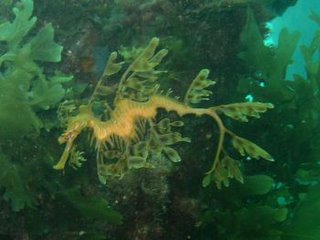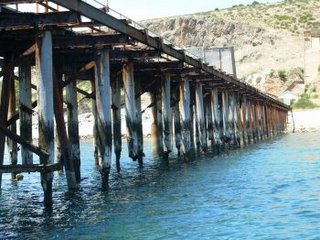David Jakes asks and answers the question about a range of Web 2.0 tools, the level of awareness of such tools and their use in today's classrooms. His post , The New Literacies: Essential or Enrichment? is on the Techlearning blog and I've added it to my del.icio.us boolkmarks to share with others.
IWeb 2.0 tools provide real opportunities. Is there a place for tools such as blogs, wikis, del.icio.us, RSS feeds, podcasting and Flickr in our classrooms? David argues that it's not about the tools per se but "their capacity to be used to create learning environments that are dynamic, student-centered, and information-rich. It's about creating classrooms where students can learn the skills that will make them effective life-long learners in the context of today’s world."
Educators need to be savvy about the tools that their learners are using and provide some guidance in internet safety eg participating in online communities. The MySpace example is provided here and other examples can be found on the web.
A stimulating read!






